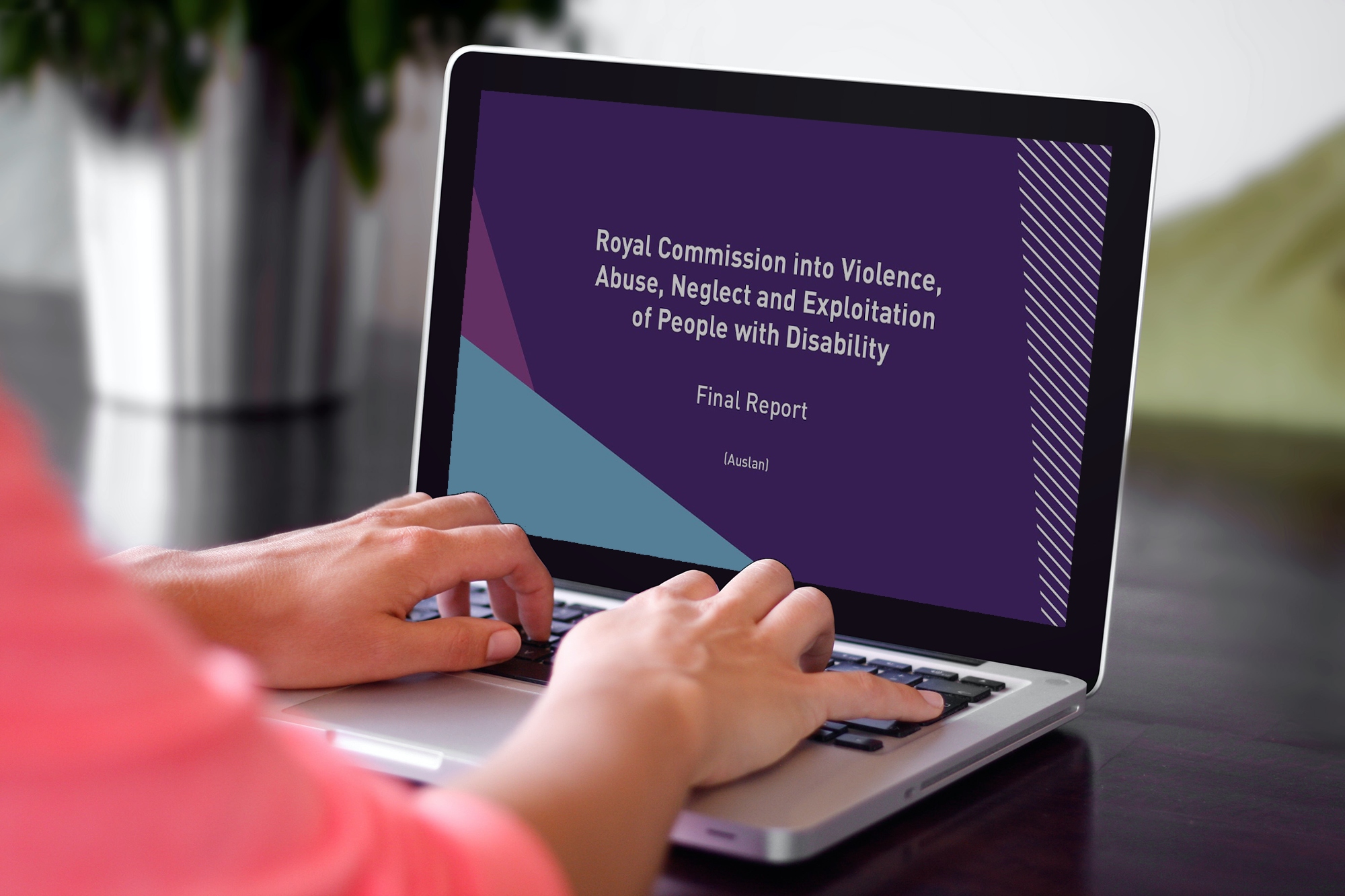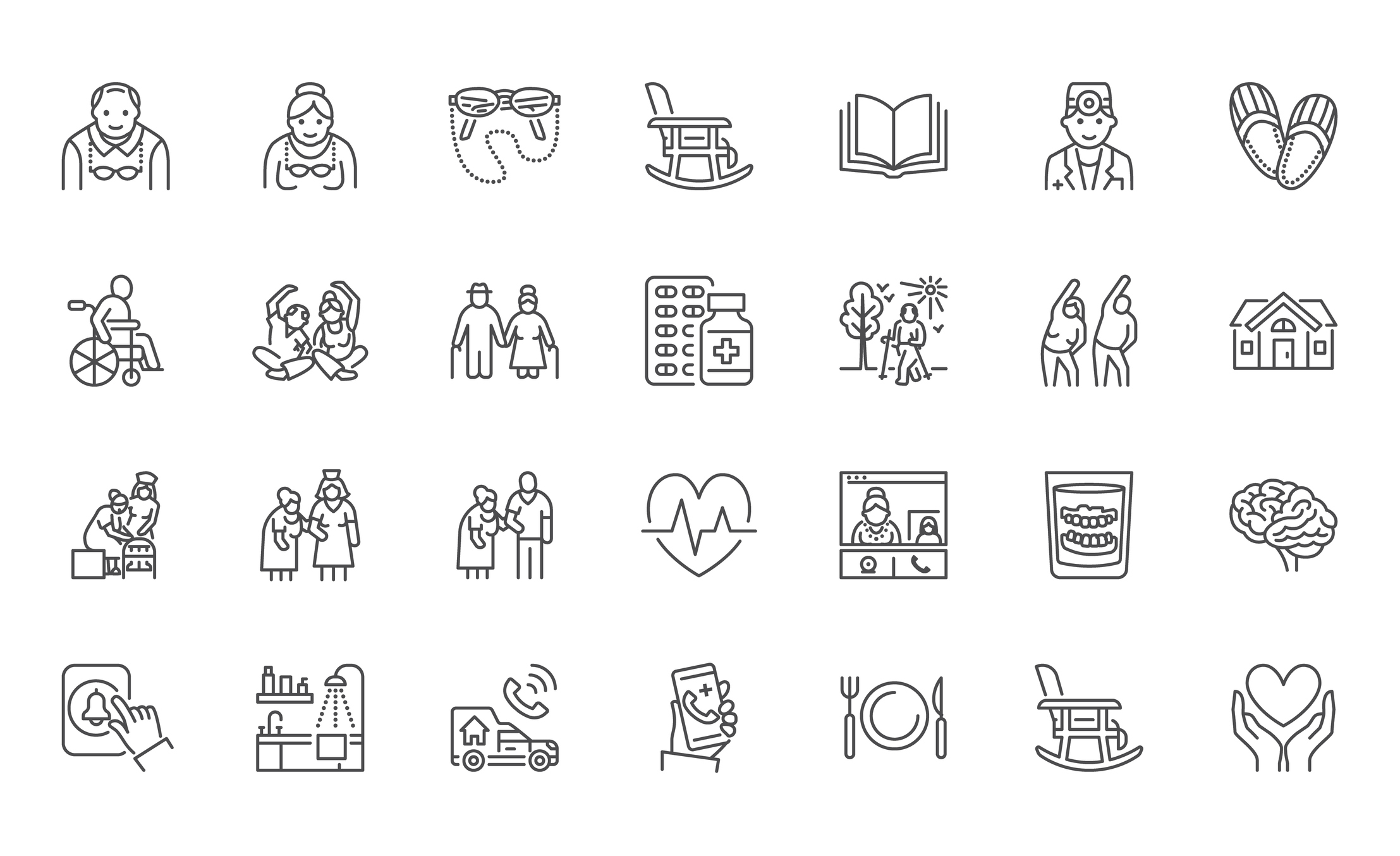For over 20 years now, we’ve been helping NGOs improve their governance processes, implement continuous improvement practices, and meet the standards compliance requirements for all of the services they deliver. From time to time, we also help government departments or standards owners develop new standards, or identify commonalities and gaps between different sets of standards.
So many standards…
A large part of our work is to monitor developments across upwards of 60 sets of health and community service standards Australia-wide. This means we’re in a fairly unique position to identify common (and differing) approaches to certain core themes, as well as track new approaches and shifts in focuses, that impact on how providers are guided to meet the standards for the services they deliver.
Differing focuses, new approaches…
Recently, there has been an increased focus on targeted outcomes in some of the newer national standards. In some cases, this has also been coupled with a reduction in the level of prescribed requirements for certain processes.
This means that the provider may have more flexibility in how they implement the detail of the systems or processes that are required to ensure the necessary outcome for the consumer, client or participant – provided that the outcome for the client is achieved.
How do I know what my process should include?
If a set of standards is less prescriptive about the particular requirements for some procedures or processes, the provider may need to spend a little more time thinking about what procedures or processes would best suit their service, as well as ensure that the targeted outcomes are met.
A great example could be in the area of risk management. A set of standards may require that the provider have effective risk management systems in place, or that the business planning process considers organisational risk. But how does the service ensure that its risk management system is effective? What processes does it follow to consider organisational risk?
That’s where we thought we could provide some help!
Best Practice modules…
There are a number of core themes contained in most modern sets of standards. We’ve built educative, fairly detailed Best Practice self-assessment modules to address these core themes, to help NGOs evaluate what their particular service needs to put in place in order to meet those themes.
By drawing from the huge range of standards we follow (and the recommendations and guidance for all of those standards), we hope that our Best Practice self-assessments will really help NGOs to understand what systems or processes they should have in place, and also decide on the particular steps in those processes that are appropriate for their service, and the issues they have considered in putting them in place.
As well as being informative, the Best Practice self-assessments are a great way for NGOs to benchmark their current practices and service delivery, collaborate within teams and their boards, and then implement and track improvement steps over time.
To help NGOs work towards best practice, we have created the following self-assessments:
- Aboriginal and Torres Strait Islander Cultural Competence
- Continuous Improvement
- Finance
- Governance
- Human Resource Management
- Infection Management and Control
- Information Management and Privacy
- Risk Management
- Workplace Gender Equality
The self-assessments were developed to be educative resources that service providers can use to better understand a particular facet of organisational governance. They are also designed to be aspirational. As such, providers will not necessarily be able to satisfy all of the demands in the self-assessments, which will help them to identify areas for improvement.
The self-assessments contain many resource templates, to help NGOs understand and take the necessary steps towards best practice organisational management and service delivery.
Mapped to all of the standards…
And the best part is, wherever requirements in the Best Practice self-assessments reflect requirements or indicators in any of the 60+ standards in SPP, they will be mapped across. This means that as you progress through our Best Practice self-assessments, you’re also making real compliance progress with all of those service standards!
Going the extra mile …
For organisations that are serious about quality, we also try to identify supplementary best practice guidelines and recommendations published by key stakeholders across different sectors. For example, in the aged care sector we’ve worked with a number of peak bodies to develop self-assessments to highlight their suggestions for best practice, and to assist providers in identifying areas for continuous improvement, which is such a critical part of all major standards.
We are always interested to receive suggestions for additional self-assessments and resources we can develop, to make the compliance and quality improvement processes easier for NGOs.
Sign up for a free trial
You can try all of our Towards Best Practice modules and much more in the SPP platform.


